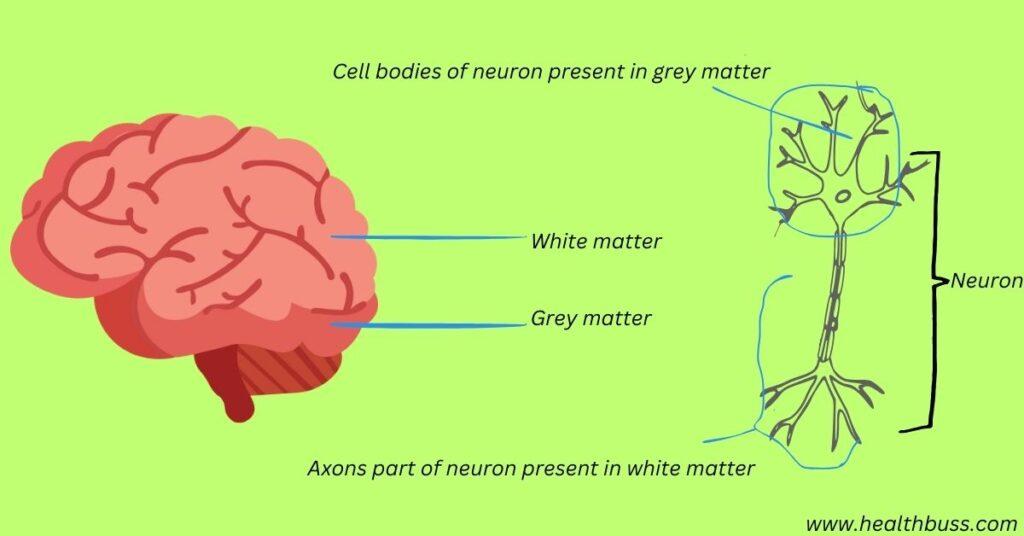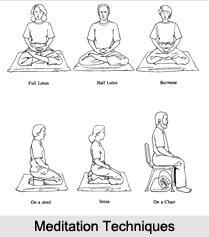In the quiet moments of dawn, as the world stirs awake, a silent revolution unfolds within the mind. Meditation, an ancient practice once confined to the realms of mystics and monks, is now capturing the curiosity of modern society. As we navigate the complexities of contemporary life, the quest for mental well-being has become paramount, drawing many to the tranquil promise of meditation. This timeless practice, with its roots stretching across cultures and centuries, is more than a mere escape from the cacophony of daily life; it is a journey inward, a deliberate pause that invites clarity and calm. In this exploration, we delve into the profound impact of meditation on mental well-being, unraveling the science, stories, and subtle transformations that occur when the mind is given the space to simply be.
Exploring the Mindful Journey How Meditation Transforms Mental Health
In a world where the hustle and bustle often overshadows moments of serenity, meditation emerges as a powerful tool for cultivating mental wellness. This ancient practice, with its roots deeply embedded in various cultures, offers a refuge from the chaos of modern life. By engaging in regular meditation, individuals can experience a profound transformation in their mental health. The practice encourages mindfulness, allowing practitioners to focus on the present moment and foster a deeper understanding of their thoughts and emotions. This heightened awareness can lead to a reduction in anxiety, depression, and stress, ultimately contributing to a more balanced and fulfilling life.
- Enhanced Emotional Resilience: Meditation teaches individuals to observe their emotions without judgment, promoting emotional stability and resilience.
- Improved Concentration: Regular practice helps sharpen focus, enhancing productivity and cognitive clarity.
- Better Sleep Quality: Mindful meditation can lead to a more restful sleep by calming the mind and reducing insomnia symptoms.
- Increased Self-Awareness: By turning inward, meditation fosters a deeper understanding of oneself, promoting personal growth and self-acceptance.
Through its various techniques, such as breathing exercises, visualization, and mantra repetition, meditation offers a versatile approach to mental health improvement. As the mind becomes more attuned to the subtleties of the present, individuals often find themselves better equipped to navigate the complexities of life with grace and composure.

Unlocking Inner Peace The Neuroscience Behind Meditation Practices
In recent years, scientific exploration into meditation has uncovered fascinating insights into how it can transform our mental landscape. Through the lens of neuroscience, meditation practices reveal profound effects on the brain’s structure and function, fostering a state of inner tranquility. Studies indicate that regular meditation leads to increased gray matter density in areas of the brain associated with memory, emotional regulation, and learning. Moreover, it has been shown to reduce the size of the amygdala, the brain’s fear center, which correlates with decreased anxiety and stress levels.
Key benefits of meditation on mental well-being include:
- Enhanced emotional resilience
- Improved concentration and focus
- Greater self-awareness and introspection
- Reduction in symptoms of depression and anxiety
- Boosted overall mood and life satisfaction
Embracing meditation not only cultivates a serene mind but also fosters a harmonious relationship between the body and the mind. As we continue to explore these practices, the evidence grows stronger in support of meditation as a potent tool for nurturing mental well-being.

From Stress to Serenity Techniques to Enhance Your Meditation Experience
Embracing the art of meditation can be a transformative journey, leading you from the clutches of stress to a haven of serenity. To enhance this experience, it’s essential to explore various techniques that can deepen your practice. Here are some methods to consider:
- Guided Imagery: Immerse yourself in a mental voyage by visualizing calming landscapes or positive scenarios. This can significantly reduce anxiety and promote a profound sense of peace.
- Mindful Breathing: Focus on the rhythm of your breath, inhaling and exhaling slowly. This simple yet powerful technique can anchor your thoughts, helping you stay present and centered.
- Mantra Repetition: Choose a word or phrase that resonates with you, repeating it silently. This can help clear mental clutter, fostering clarity and focus.
- Body Scan: Gently direct your attention to different parts of your body, releasing tension as you go. This practice encourages relaxation and a deeper connection to your physical self.
Integrating these techniques into your meditation routine can not only enhance your mental well-being but also cultivate a state of inner tranquility. Experiment with different methods to find what resonates most with your personal journey towards serenity.

Cultivating a Balanced Mind Practical Tips for Incorporating Meditation into Daily Life
Incorporating meditation into your daily routine doesn’t have to be a daunting task. Here are some practical tips to seamlessly weave this calming practice into your life:
- Start Small: Begin with just a few minutes each day. As you become more comfortable, gradually increase the duration. Even a short session can make a significant difference.
- Create a Dedicated Space: Designate a quiet corner of your home as your meditation sanctuary. A simple cushion, a candle, or a favorite piece of art can make this space inviting and special.
- Consistency is Key: Aim to meditate at the same time each day. Whether it’s morning or evening, establishing a routine helps in forming a lasting habit.
- Guided Meditations: Utilize apps or online resources for guided sessions. These can be particularly helpful for beginners who might feel unsure about meditating on their own.
- Mindful Moments: Incorporate mindfulness into everyday activities. Whether it’s during your morning coffee or while taking a walk, being present in the moment can enhance your meditation practice.
Remember, the goal is not to achieve perfection but to cultivate a balanced mind. By integrating these strategies, meditation can become a natural and rewarding part of your daily life.
To Wrap It Up
As we draw the curtain on our exploration of meditation’s impact on mental well-being, it’s clear that this ancient practice offers a tapestry of benefits, weaving tranquility and resilience into the fabric of modern life. While the journey of understanding is far from complete, the threads of evidence suggest that meditation serves as both a sanctuary and a compass, guiding us toward a more harmonious existence. Whether you are a seasoned practitioner or a curious newcomer, the path of meditation invites you to pause, breathe, and delve into the stillness within. As we part ways, consider this an open invitation to embark on your own journey of discovery, where each mindful moment holds the potential to transform the ordinary into the extraordinary.
